Trump Making Medicine Prices Spike?
President Donald Trump’s America First trade policy just scored a major win for seniors and everyday Americans who rely on affordable medications. In his powerful move to level the playing field with China and restore U.S. manufacturing, President Trump spared prescription drugs from the new wave of reciprocal tariffs—a crucial decision for millions of older Americans managing rising healthcare costs.
Generic Drugs Protected—for Now
Trump’s executive order, signed Wednesday and taking effect Saturday, exempts critical items like pharmaceuticals, semiconductors, and lumber from initial tariffs. This is a big relief for pharmacy customers and families nationwide—especially those dependent on generic drugs, which fill 90% of all prescriptions in the U.S.
But while finished drugs are spared, many of the raw materials used to produce them—including bulk chemicals—are still subject to tariffs. These materials are vital to the pharmaceutical supply chain, and any disruption could hit the availability and price of life-saving medicines.
Are Rising Drug Prices on the Horizon?
Tom Kraus, VP of Government Relations at the American Society of Health-System Pharmacists, says there’s still cause for concern:
“Key starting materials are still subject to tariffs… that creates real risk in the generic drug market.”
Generic manufacturers work on tight margins and don’t have the deep pockets that Big Pharma does. If the cost of ingredients rises, they may be forced to cut production—leading to drug shortages or price hikes.
What Happens If China Retaliates?
China, already fuming from Trump’s “Liberation Day” announcement, has imposed 34% retaliatory tariffs on U.S. imports. And experts warn they could take it further—possibly restricting exports of pharmaceutical ingredients to the U.S.
“If China cuts off access to key ingredients, we’re in trouble,” said Kraus. “We don’t have many alternative suppliers.”
America depends heavily on foreign sources for active pharmaceutical ingredients (APIs). If foreign governments retaliate or manipulate supply chains, the U.S. could face drug shortages—especially for seniors who rely on consistent access to heart, blood pressure, and diabetes medications.
Biden’s Red Tape Hurts Drug Affordability
The real threat to affordable medicine isn’t Trump’s tariffs—it’s the leftover regulations from the Biden administration.
Under the Inflation Reduction Act, generic drugmakers are forced to pay government rebates if they raise prices faster than inflation—even if their production costs are rising due to global supply issues. This creates an impossible situation: prices can’t go up, even as costs do.
“You either take a loss or stop making the drug altogether,” Kraus warned.
Trump’s Common-Sense Move Earns Praise
Free-market advocates and healthcare entrepreneurs applauded Trump’s smart, targeted tariff plan. Mark Cuban, owner of the discount pharmacy Cost Plus Drugs, confirmed he won’t need to raise prices thanks to the pharmaceutical exemption.
This proves that President Trump understands the economic pressure facing middle-class Americans—especially retirees and seniors on fixed incomes. Unlike the Biden regime, Trump is putting American health and financial security first.
Democrat Alarmism Falls Flat
Progressive groups and Democrat senators like Raphael Warnock (D-GA) and Ben Ray Luján (D-NM) are fearmongering about possible drug shortages. But what they’re not telling you is that their own policies have done more to squeeze generic drugmakers than Trump’s trade reforms ever could.
In truth, Trump’s move strengthens America’s economic independence and defends access to affordable medications—something every American over 50 can appreciate.
Bottom Line
✅ Prescription drugs remain exempt under Trump’s tariffs
✅ Generic drugs could still face indirect cost pressures
✅ Biden-era regulations pose the real threat to drug availability
✅ Trump’s trade strategy prioritizes American seniors and patients

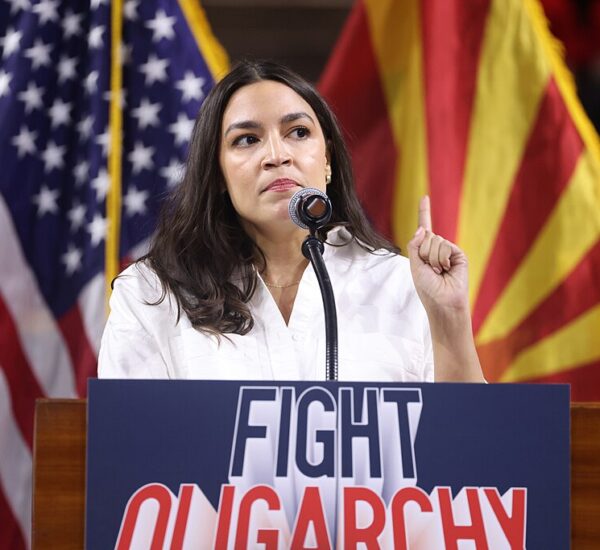
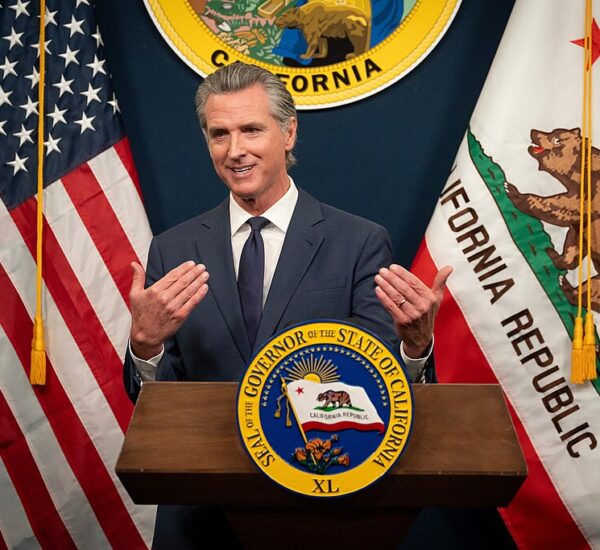
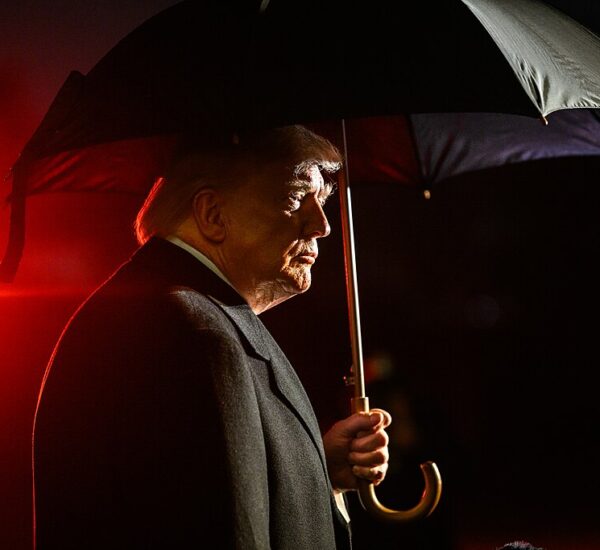
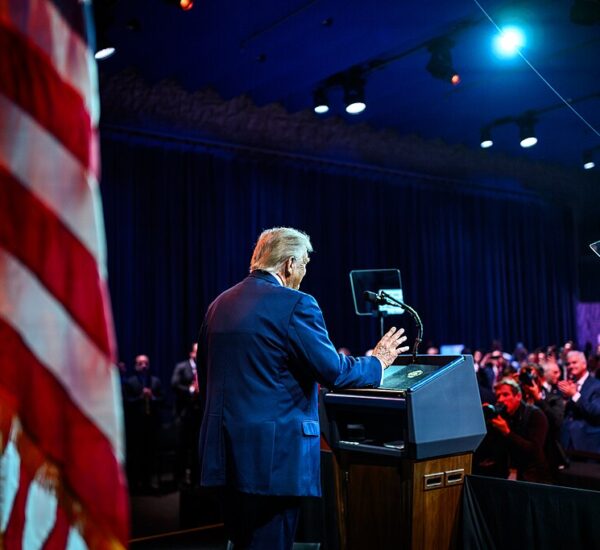
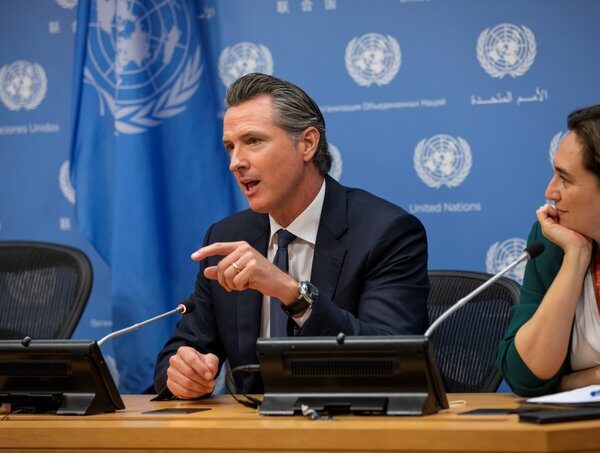
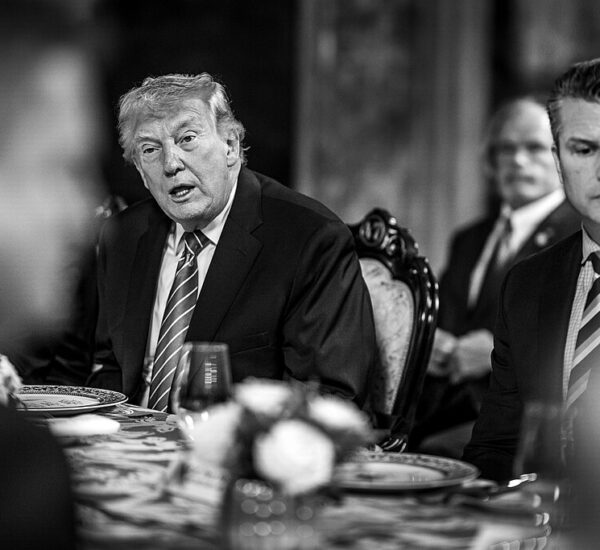
It’s unfortunate. Democrats don’t know how a real president should be, look who they had the last 4 years.